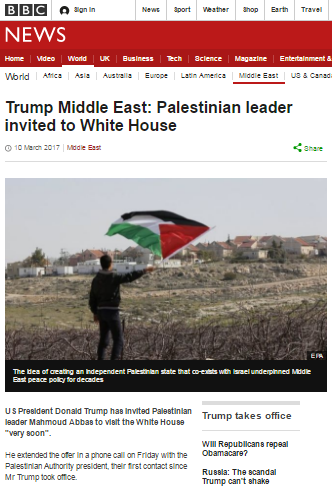Exactly twenty six years ago, on December 9th 1987, this writer and a colleague were driving to a meeting when – after turning a blind bend on one of the minor roads near Beit Sahur – we suddenly found our route blocked by a group of some fifteen to twenty young men, their faces concealed by keffiyahs and large concrete blocks or rocks in their hands.
The ensuing incident lasted seconds only. As soon as they saw the car’s Israeli number-plate, the pre-prepared rocks and concrete blocks were hurled at our vehicle. My colleague, who had instinctively braked in order to avoid driving into the people standing in the road, quickly got hold of himself, slammed his foot on the accelerator and we sped through the mob and the hail of rocks until we were out of range.
Thanks entirely to my colleague’s quick reaction, there was only minor damage to the car and although very shaken, we (including the baby I was carrying at the time) had escaped unharmed. Only after we arrived home much later in the evening and watched the news did we realise that what we had witnessed was part of the beginning of the first Intifada.
Several weeks ago we noted here that an article by Tarik Kafala promoting the myth of a non-violent first Intifada still appears on the BBC News website. Members of the public searching for information on the first Intifada on that website will also find two additional items (here and here), one of which is notable for the fact that it also promotes the myth that ” the Palestinians were largely unarmed”.
Another notable feature of both those articles is the way in which stone-throwing is misleadingly described as having been directed solely at Israeli soldiers.
“Protest took the form of civil disobedience, general strikes, boycotts on Israeli products, graffiti, and barricades, but it was the stone-throwing demonstrations against the heavily-armed occupation troops that captured international attention.” [emphasis added]
That deliberate ‘David and Goliath’ style portrayal of course conceals the fact that stones were also thrown at civilians who were not “heavily-armed” or indeed armed at all. The same erroneous picture is also painted in the second article:
“The Palestinians were largely unarmed, so the enduring picture of the intifada is one of young men and boys throwing stones and rocks at Israeli troops.”
The BBC’s romanticisation of stone-throwing through the use of language such as “unarmed”, “captured international attention” and “enduring picture” conceals the fact that stones and rocks are potentially weapons which can be lethal to human beings – whether soldiers or civilians. But that BBC backgrounder makes no mention whatsoever either of Israelis killed during the first Intifada or of the thousand or so Palestinians killed by other Palestinians during those years, stating:
“The Israeli Defence Forces responded and there was heavy loss of life among Palestinian civilians. More than 1,000 died in clashes which lasted until 1993.”
Of course the use of rocks and stones to attack Israelis did not stop twenty years ago with the end of the first Intifada and such attacks still occur on an alarmingly regular basis. But like much of the international media, the BBC is now in its third decade of ignoring and downplaying of the potentially lethal aspects of stone-throwing and misleadingly presenting such attacks to its audiences as romantic ‘non-violent’ protest.
Interestingly though, when rocks, stones and other projectiles are thrown at British civilians the BBC’s portrayal is decidedly less empathic, rightly describing resulting fatalities as murder and the perpetrator as a killer. Stone-throwing at members of the UK security forces is frequently termed rioting and the stones themselves described as “missiles“. A BBC article from January 2013 notes that:
“For many people living in east Belfast, life has become a nightmare marked by the fear of a brick smashing through a car window or a hijacking.” [emphasis added]
So – what is a “nightmare” in Northern Ireland is dressed up as an iconic “enduring picture” in Israel. The all too obvious double standards at play in BBC reporting on stone-throwing in the UK and stone-throwing in the Middle East can only be understood as stemming from political motivations which clearly compromise the BBC’s reputation for impartiality.






